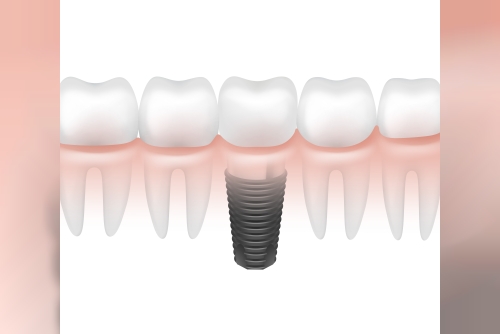Pune, historically revered as the “Oxford of the East,” is quietly transforming into a hub for comprehensive and compassionate alcohol addiction treatment. As attitudes toward mental health shift and infrastructure evolves, Pune is poised to set new benchmarks in addiction recovery. This blog explores the emerging trends, innovations, and future outlook of alcohol addiction treatment programs in Pune.
1. Pune’s Evolving Recovery Landscape
Over the past decade, Pune has evolved from a cultural and academic hub into one of India’s leading centers for addiction rehabilitation. Its tranquil surroundings, progressive healthcare ecosystem, and rising mental health awareness make it an ideal place for recovery.
What sets Pune apart is its nuanced understanding of addiction—not as a personal failure, but a multidimensional health issue requiring psychiatric care, counseling, and community support.
2. Holistic & Luxury‑Infused Recovery
Recovery in Pune is increasingly holistic, blending medical integrity with comfort and dignity. Many centers adopt multi-disciplinary models, pairing psychiatrists, therapists, wellness coaches, and dental or nutrition experts for integrated care.
Leading the way are luxury rehab facilities offering resort-style amenities—private rooms, spa services, organic meals, mindfulness therapies like art, movement, and pet therapy—designed to nourish both mind and body.
3. Open and Inclusive Treatment Models
Rigid institutionalization is falling out of favor. Pune’s emergent open rehab models offer flexible, non‑confining programs that allow patients to stay connected with their personal lives while actively recovering. By empowering individuals with trust and autonomy, these models are showing significant promise in reducing relapse.
4. Growing Numbers & Digital Presence
Pune hosts around 63 addiction treatment centers, nearly 17% of such facilities in Maharashtra
—a testament to the city’s growing prominence in this domain. These centers are increasingly leveraging digital tools: websites, social media pages, and online outreach are becoming more common to enhance access and awareness.
5. Evidence-Based Care and Integration
Pune isn’t just building facilities—it’s investing in evidence, too. The HAATHI trial (Hybrid trial for Alcohol reduction Among people with TB and HIV in India), ongoing since 2021 across Pune hospitals, aims to embed alcohol-reduction counseling into TB and HIV treatment streams, using cognitive behavioral and motivational enhancement therapies.
This integration underscores an increasing recognition of addiction's intersections with other health challenges and the need for multi-layered solutions.
6. Support Systems: Peer Groups, AA, and Community
Peer-led recovery remains vital. Alcoholics Anonymous (AA) Pune hosts awareness events with healthcare professionals, emphasizing relapse prevention and denial patterns.
Online community voices echo this:
“There is one near St Vincent's... I think there's also one at St Vincent or St Anne school, maybe even one at KEM hospital.”
Other trusted centers like Muktangan offer both inpatient and outpatient support.
7. Emerging Trends Shaping the Future
1. Tech‑Enabled Monitoring & Intervention
Research into wearable sensors and hyperdimensional computing is opening doors to real-time detection and just-in-time interventions to curb heavy drinking episodes.
2. Mobile Apps for Relapse Prevention
Apps like Addict Free use machine learning to track relapse patterns and suggest preventative strategies—tools that could soon integrate seamlessly into Pune's treatment programs.
3. AI to Reduce Stigma
Emerging studies suggest exposure to empathetic AI-generated content can reduce stigma around addiction and treatment, fostering more inclusive conversation landscapes.
8. What Lies Ahead for Pune
Pune’s addiction treatment ecosystem is ready for a renaissance:
Holistic meets high tech: Imagine luxury rehab centers with app-based relapse analytics and wearable alcohol sensors integrated into care.
Scalable peer networks: AI-facilitated online support could expand AA’s reach, bolstered by empathetic community education.
Outreach & integration: As seen with HAATHI, blurring lines between addiction care and mainstream health services will become essential.
E‑enabled accessibility: More centers will likely offer tele‑therapy, mobile support, and digital education to bridge urban-rural gaps.
Conclusion
Pune stands at the vanguard of reimagining alcohol addiction treatment in India. With its culture of compassion, evidence-led interventions, inclusive care models, and emerging tech integrations, the city's future is full of promise. As the lines between healthcare, wellness, and technology merge, Pune could soon lead the nation in both the quality and humanity of addiction recovery.
If you found this exploration inspiring or have ideas to add, I’d love to hear your thoughts in the comments below!












